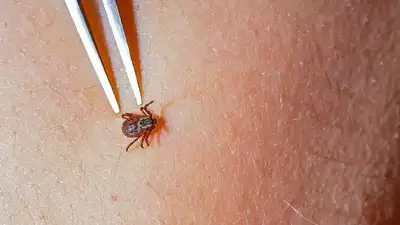





Disclaimer: Copyright infringement not intended.
Context
Biopiracy
Some examples of Biopiracy
.jpg)
Bt Brinjal
Read: https://www.iasgyan.in/daily-current-affairs/gm-crops-26











© 2025 iasgyan. All right reserved